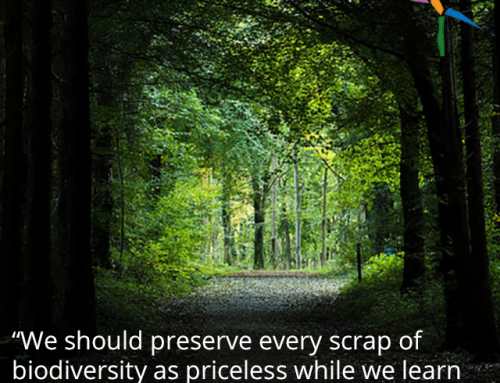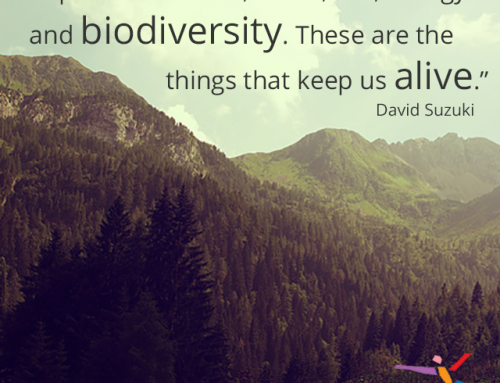For many Americans, it’s hard to believe that, globally, there is a water shortage crisis and it’s entirely possible that water is about to become a fought for and sought after resource. That’s because, in America, water still remains abundant and available and ready to be unfortunately wasted and over-consumed. In fact, when the average American takes a five minute shower, he or she wastes more water than an individual living in a slum in a developing nation uses in an entire day. The water shortage is real, and it’s already being felt by people across the globe.
At Postconsumers, in the past we’ve found that people understand the realities of how climate change and environmental concerns are really having an impact when we put them in the context of everyday “luxuries” that Americans frequently enjoy. For example, we know that many people really started to think about the climate shifting when we pointed out that climate change may make daily morning coffee a luxury for the rich. So, while the possibility of true global conflicts over water may be more than many people can digest on a first reading, talking about how the water shortage will impact something that lots of us love is a much easier way to put things into perspective.
So, if you like beer or whiskey, this article is for you. In the near future, prepare for the global water shortage to put an early last call on your party plans.
Beer: Are You Prepared for It To Be Priced Like Wine?
Globally, the international beer business is a $300 million dollar business. But beer prices may find themselves climbing as the massive water footprint left by the beer-making process becomes increasingly difficult to fund. Water is used profusely in the process of beer brewing. Firstly, the hops and barley need to be grown, using the essential plant nourishment of … water. Then, of course, there’s the actual water needed to brew the beverage. One consultancy estimates that it actually takes 300 liters of water to make one liter of beer. Beer companies, in fact, are already gearing up to prepare for the water shortage. While companies like MillerCoors are working with in-house water savings measures, the reality is that almost 98% of the water footprint of beer happens before it makes its way into the brewery. That’s to say that the agricultural process of growing the barley and hops requires massive amounts of water. So many beer companies are teaming up with the farms that provide their raw ingredients in order to work together to find more water-efficient ways to grow.
There’s a potential upside here, and that’s that the partnerships between beer companies and farmers may begin a cutting edge process of learning to grow abundant crops with better water conservation. Those practices can then be applied to other areas of farming.
However, even with water conservation efforts, the cost of producing beer is increasing as a result of the growing water shortage and the price of beer continues to rise. For the last two years, beer prices have increased 3% to 5% per year. It doesn’t appear that water is going to get any more abundant, and that means you can extrapolate the math out to see that, soon, beer may not be the cheap party fix you’ve come to know and love it for.
Whiskey, Whiskey, Down the Hatch
Scottish whiskey makers (known by whiskey drinkers as the best whiskey makers) are no strangers to having the stills go dry due to drought. However, with a rising demand for whiskey and the entire process of producing the mash required for whiskey reliant on water, whiskey makers have tried everything from making more water-efficient processes to diluting the alcohol content in their whiskey (though that simply means more water per bottle of whiskey). That, of course, raises the question, would you drink a more diluted product if it were better for the planet, or would you be willing to pay an even more expensive premium for quality liquor?
A Real Life Example
On a recent day, a local whiskey maker in Pennsylvania posted this to their Facebook page.
Nothing like a $9,000 water bill to ruin a perfectly good day.
The whiskey maker? It’s a small, family-owned business sold primarily locally.
Water shortage in the world is a real problem, and certainly the impact of it is far bigger (and more damaging, and more important) than the booze that we drink. But thinking about water and our indulgences is often an easier way to understand that the problem is real and definitely happening.
Have a fact we missed about the water shortage and liquor? Tell us about it. Comment below or tell us about it on Facebook, Twitter, Pinterest or Instagram.





